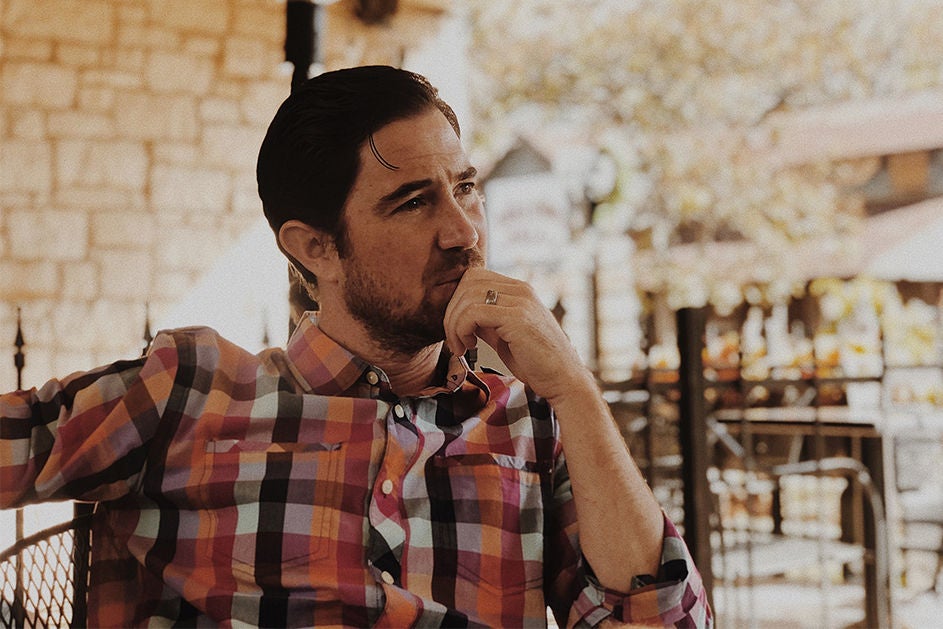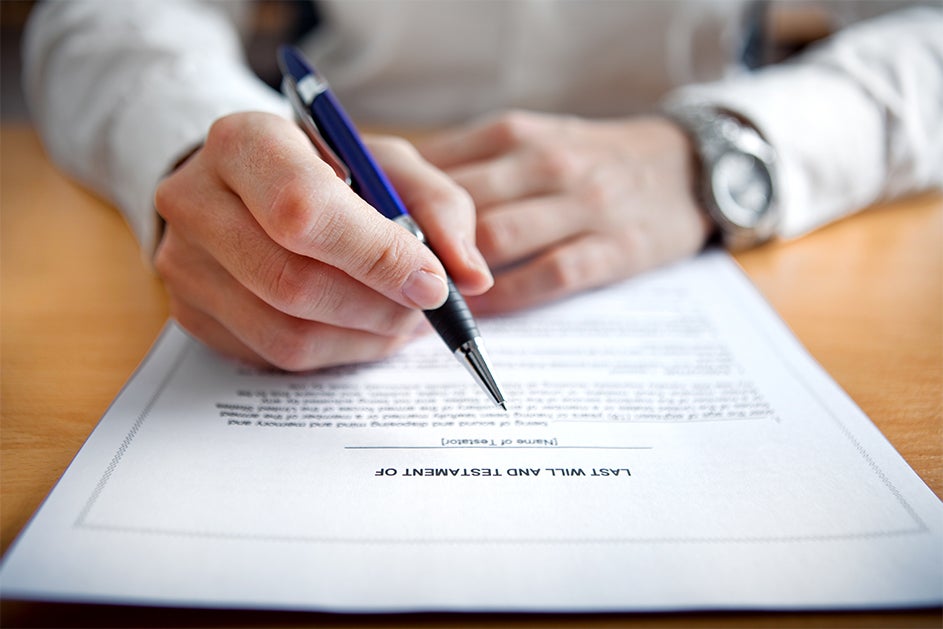In NSW, you generally have 12 months from the date of death to contest a Will. If you are past this period, it’s still possible to make a claim, but it requires special permission from the court, which is not always granted.
Important update: If you have received an opt out notice about the JB Hi-Fi Class Action, read more here.
| Australia’s #1 plaintiff law firm |
| No Win, No Fee claims |
| Client-focused support |
Australia’s #1 plaintiff law firm
No Win, No Fee for all claims
Client-focused support
Contesting a Will in NSW can be a complex process, but understanding your rights and the legal grounds can help you navigate through it. Our guide will provide you with a thorough overview of the key aspects of contesting a Will in New South Wales, including eligibility criteria, legal grounds, and the steps involved in challenging a Will.
Contesting a Will is an important legal right that allows eligible persons to challenge the distribution of an estate. This may arise due to various reasons, such as believing you haven’t been adequately provided for, or questioning the validity of the Will. Understanding the basis of your claim is crucial to proceeding effectively.
In NSW, not everyone has the right to contest a Will. The law specifies who is eligible to make a claim, primarily focusing on close family members and dependents. Here are the categories of people who can contest a Will:
- children: including biological and adopted children can contest a will
- grandchildren: if they were dependent on the deceased
- wife / husband / partner: a current or former spouses or de facto partners
- anyone who was dependent on the deceased and a member of the same household
- someone who was in a close personal relationship with the deceased at the time of the deceased’s death
Legal grounds to contest a Will
There are several legal grounds on which you can contest a Will in NSW. Each ground requires specific evidence and has distinct legal requirements.
This occurs when someone exerts significant pressure on the Will-maker to change the Will in their favour to the extent that the free will of the will-maker is overborne. An example might be a caregiver coercing an elderly person to leave them a significant portion of the estate.
This refers to the mental ability of the Will-maker to understand the nature of making a Will and its effects. Contesting on this ground involves proving that the Will-maker did not have the mental capacity at the time the Will was made.
If the Will-maker was suffering from cognitive impairment like dementia, you can contest the Will on this ground, if they did not know and approve of the contents of their will.
A Will must be executed according to legal requirements. If it’s not properly signed or witnessed, it can be contested.
If you were left out of a Will or believe you did not receive adequate provision, you can make a family provision claim. This is often pursued by spouses, children, or dependents who feel they have not been fairly treated.
If the Will is a result of fraud or forgery, it can be contested. This requires substantial proof to demonstrate that the Will is not valid.
Legal grounds to contest a Will
Expected legal fees and expenses
Contesting a Will can be expensive. Legal fees, court costs, and other expenses can add up. It's essential to have a clear understanding of these costs before proceeding.
What you should consider before contesting a Will
Consider both the financial and emotional implications. Contesting a Will can be a lengthy and stressful process. Ensure you are prepared for the potential outcomes and challenges.
How to contest a Will in NSW
Contesting a Will involves several steps, from understanding the time limits to gathering evidence and seeking legal advice. Here is a step-by-step guide:
1. Check that you are within the time limit to contest a Will
2. Confirm you have the right to view the Will
To contest a Will, you must have access to its contents. This usually means you should be an eligible person as defined by the law.
3. Gather evidence for Your claim
Collect all relevant documents and evidence that support your case. This might include financial records, medical reports, or witness statements. Remember, the process can be complex, so ensure you document everything thoroughly.
4. Get professional legal advice
Seeking legal advice is crucial. A lawyer can help you understand your rights, the strength of your case, and navigate the legal process. Maurice Blackburn has local offices across NSW ready to support you.
FAQs on challenging a Will in NSW
Undue influence occurs when a person uses their position of power to pressure or coerce the Will-maker into changing the Will in a way that benefits them. For example, a caregiver might convince an elderly person to leave them a large inheritance, exploiting their dependency and trust. To prove undue influence, you must show that the Will-maker was not acting of their own free will and that the influence was significant enough to alter the Will’s terms.
A family provision claim is when an eligible person believes that the deceased did not make adequately provision for them in the Will. This type of claim seeks support from the estate to ensure the claimant receives what the law considers fair and reasonable. For example, a dependent child who was left out of the Will or received an insufficient share may lodge a further provision claim to secure adequate financial support.
Testamentary capacity refers to the mental ability of the Will-maker to understand and execute a valid will. To have testamentary capacity, the Will-maker must:
- understand the nature and effect of making a Will
- know the extent of their property and assets
- comprehend the claims to which they ought to give effect, meaning they should understand who might have a reasonable expectation of benefit from the estate
- not be affected by a disorder of the mind or delusions that influence the terms of the Will
For example, if a person with advanced dementia creates a Will, their testamentary capacity might be in doubt, and the Will could be challenged on this ground.
Yes, if they can demonstrate dependence and they lived with the deceased.
Yes, if they were dependent on the deceased.
The success rate varies depending on the strength of the case and the evidence provided.
Evidence such as financial records, medical reports, and witness statements are crucial.
It’s more challenging but possible. We recommend that you seek legal advice from our experienced team as early as possible.
It can vary widely, but generally, it can take several months to years depending on the complexity of the case.
There are many risks of contesting a Will, including financial costs, emotional stress, and potential damage to family relationships. Our dedicated team will help you understand your legal options and the steps you can take to manage or reduce these risks.
Typically, beneficiaries, executors, and those eligible to contest the Will have the right to view it.
A lack of evidence, not meeting eligibility criteria, or missing legal deadlines are common reasons a case might fail.
Get expert help with a Will dispute
Expert legal advice is essential when navigating a Will dispute, whether you are contesting a Will or responding to a claim.
For decades, we’ve represented Australian families through Will disputes with care and understanding. With 98% of our cases resolved quickly and out of court, you can trust our expertise to protect your legal rights.
Contact us today for a confidential, no-obligation consultation to explore your options.
Need to speak to us sooner? Call us on 1800 111 222
Australia’s #1 plaintiff law firm
No Win, No Fee
Client-focused support
Contact our expert Wills team
We have
over 3,000
five-star reviews
Office locations
We’re here to help. Get in touch with your local office.
Select your state below
- VIC
- QLD
- NSW
- WA
- ACT
- SA
- TAS
- NT
We have lawyers who specialise in a range of legal claims who travel to Australian Capital Territory. If you need a lawyer in Canberra or elsewhere in Australian Capital Territory, please call us on 1800 675 346.
We have lawyers who specialise in a range of legal claims who travel to Tasmania. If you need a lawyer in Hobart, Launceston or elsewhere in Tasmania, please call us on 1800 675 346.



